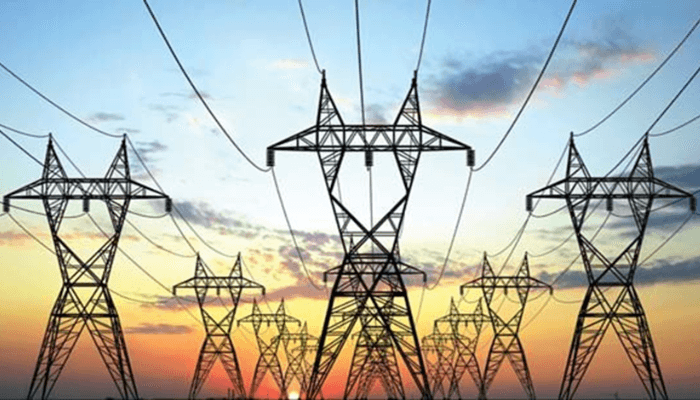The Nigerian power sector is plagued by poor investments, insufficient gas supply, and weak infrastructure, which have led to incessant blackouts recorded from time to time.
The national grid has collapsed 11th collapse in 2024, affecting both business activities and livelihoods.
The federal government has attributed the repeated grid collapses to several factors, including aged and aging facilities, lack of maintenance and poor investment, as well as sabotage.
Speaking with BusinessDay, Kunle Olubiyo, president, Nigeria Consumer Protection Network, said that even though grid collapse is part of a typical electrical system, there is the issue of obsolescence and weak infrastructure bedevilling activities of the sector in Nigeria.
Read also: Customers tackle DisCos over meter fees
Olubiyo stressed the need for regular maintenance of power infrastructure to keep the grid active for a long time.
“So, if you don’t spend much on maintenance, you cannot get the best result.
“We have continued to raise the issue of obsolescence of infrastructure and engineering equipment. When you use a meter for four to five years, it is expected to be taken out of the system for recalibration.
“So, our major challenge now is that the grid that we have in place was installed several years ago. We can now rightly say that we are using 19th century technology in the 21st century. There are grids that are older than Nigerian grids in different climates, in different parts of the world, but the hallmark of longevity for a grid is maintenance,” he said.
He noted the unavailability of required protective schemes on the grid, noting that there is need to operate the grid in a decentralised island mode that allows for hybrid systems at state levels.
Olubiyo decried the poor budgetary allocation to the sector amidst prevailing challenges, questioning the utilisation of foreign loans. He stated that there is a need to ensure efficient use of public funds to ensure they meet identified needs.
He noted that the United Nations benchmark for energy per capita is 1,000 megawatts to 1 million people, stating that having a peak generation transmission evacuation of 5,800 MW is the highest level of energy poverty any country can imagine.
“We need to do more and this requires a lot of investment. For this year, our budget is N400 billion and already we have indebtedness to the Gencos of N2.5 trillion and we have tariff shortfall of N3 trillion, so that is N5.5 trillion. And when you look at the total amount of money, N400 billion is grossly inadequate with what we have.
Read also: Reps mandate N500bn recapitalisation for DisCos, to boost efficiency
“And so moving forward, the public sector business model is not about profitability but efficiency, because even when you do a budget with a public sector business model, there is likelihood that there are some persons within the system that are ready to cash out.”
This is as Ola Olukoyede, chairman of the Economic and Financial Crimes Commission (EFCC), recently attributed the country’s epileptic power supply to corruption, which he said was the result of the commission’s probe into the sector.
“As I am talking to you now, we are grappling with electricity issues. If you see some of the investigations we are carrying out within the power sector, you will shed tears.
“People who were awarded contracts to supply electricity equipment, instead of using what they call 9.0 gauge, will buy 5.0. So, every time you see the thing tripping off, get burnt, and all of that, It’s part of our problems.”
Also speaking with BusinessDay, Lanre Elatuyi, a power sector analyst, said that the Nigerian power sector is in a very weak state, requiring urgent revamping.
For Elatuyi, addressing the issues of weak infrastructure must cut across the different value chains – from generation, transmission to distribution chains.
“We need to focus more on ensuring grid reliability instead of putting power assets just anywhere they are not needed.
“The problem on the distribution networks is just that DisCos are not financially buoyant and have no access to long-term financing. Power infrastructure is capital-intensive and if there is no money, there is no way to invest in infrastructure.
Read also: NERC tasks DisCos on replacement of faulty meters
“There is an acute liquidity issue in Nigeria Electricity Supply Industry (NESI) and the government’s subsidy is no longer coming. There is a need to redesign the Nigerian electricity market to ensure liquidity. The whole sector is stifled by liquidity and this has to change if there will ever be any investment to strengthen the network.
“No investors will bring in more money when the path to cost recovery is not defined and certain,” he said.
